SDS Virtual 3MT®
Three Minute Thesis (3MT®) is an academic competition developed by The University of Queensland (UQ), Australia.
3MT® challenges PhD students to explain the complexity and relevance of their research to a non-specialist audience in a concise and engaging way. Presenters have a maximum of three minutes to pitch their research and can only use one slide.
SDS established its PhD programme in partnership with the Scottish Graduate School of Social Science (SGSSS) to deepen links with the academic community and bring fresh thinking to skills policy and delivery in Scotland.
3MT® challenges PhD students to explain the complexity and relevance of their research to a non-specialist audience in a concise and engaging way. Presenters have a maximum of three minutes to pitch their research and can only use one slide.
Meet the judges and watch this year's students' 3MT® presentations below.
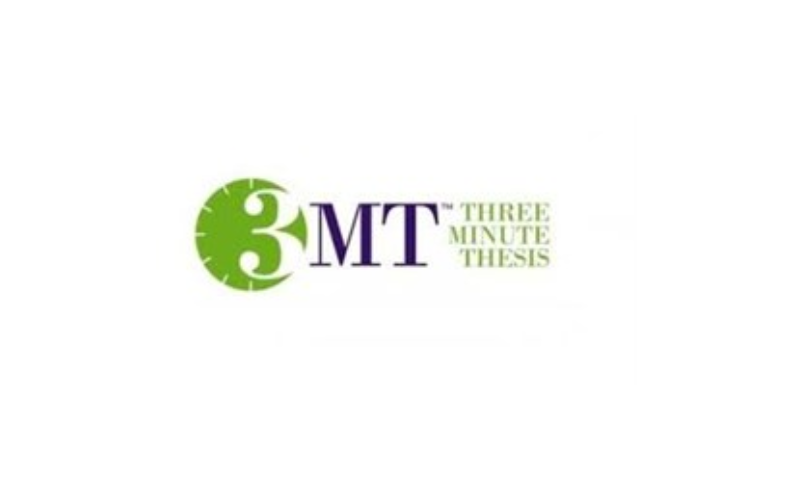
SDS PhD students
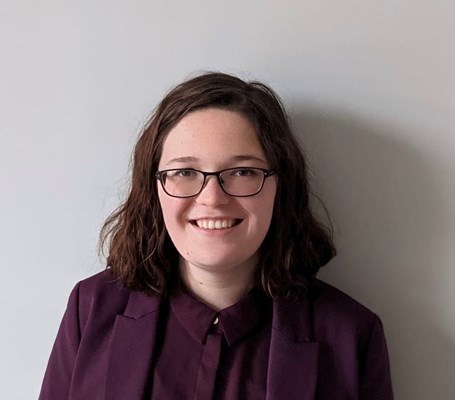
Anya Kaufman
University of Strathclyde
Where'd you pick that up? Meta-skills and the youth transition.
During the youth transition young people must navigate a wide range of personal and professional changes to their lives. Meta-skills, which include skills that focus on self-management, social intelligence, and innovation, can greatly assist young people when tackling these new challenges.
However, our current understanding of how meta-skills are gained, developed, used and valued has been largely limited to university students. By interviewing 16 to 18-year-olds living in Clackmannanshire, I aim to shed greater light on the intricacies of meta-skills in the lives of young people with the intention of supporting further meta-skill and youth transition policy development.
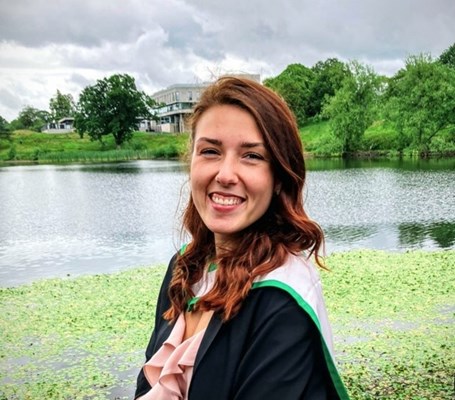
Kaja Horn
University of Edinburgh
What is the impact of a transition away from oil and gas towards renewables for future skills in Scotland and how can upskilling, reskilling and engaging new entrants enable a Just Transition?
My research project "Transformative skills in the energy Just Transition: mixed-methods pathways for upskilling, reskilling and engaging new entrants in Scotland" investigates how the skill requirements of Scotland’s energy sector will change as we transition away from fossil fuels towards a low-carbon energy system.
It will assess where skills are transferrable from the fossil fuel industry, where new training is required and what qualifications will be needed from new entrants into the energy sector. It further aims to identify the transitional barriers oil and gas workers face and the opportunities to address inequalities in our energy workforce.
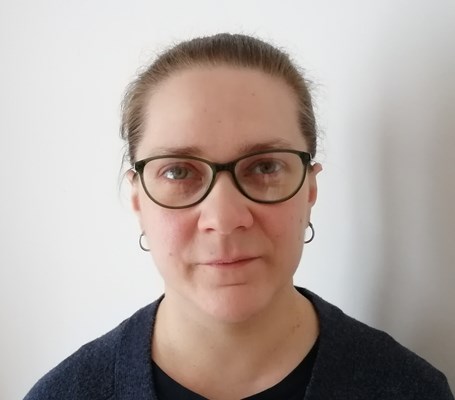
Maria Cecil
Edinburgh Napier University
Gendered information lanscapes and their impact on routes into and through apprenticeships.
The purpose of my PhD research project ‘Gendered information landscapes and their impact on routes into and through apprenticeships’, is to address the significant issue of gender imbalance in apprenticeships and work-based learning in crucial sectors such as STEM and HEED.
To do this, I will explore key concepts, such as how gendered information landscapes are formed, what gendered influences constitute them, and how they can embody or perpetuate gender stereotypes which may implicitly impact on the decision-making process of young people in relation to choosing vocational pathways. I will also examine current policies and strategies concerning gender segregation in careers.
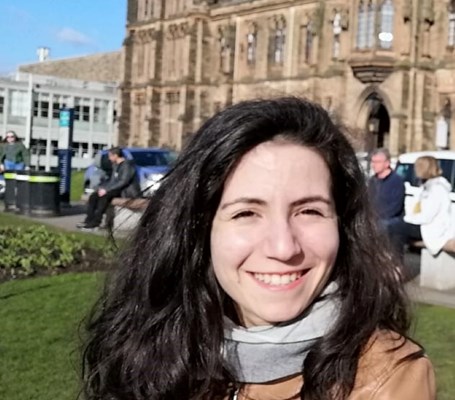
Martina Lippi
University of Glasgow
Neurodiverse employees’ experience of Enterprise Social Media platforms in organisations.
In increasingly virtual workplaces, my research explored the benefits derived and challenges encountered by neurodiverse employees as a result of the adoption of Enterprise Social Media platforms (e.g., Yammer) in organizations.
By interviewing neurodiverse employees, the research highlighted the ambivalent role that these platforms and their features can have in shaping neurominorities’ workplace experience, and how some of them can also be used to counteract the challenges faced.
Overall, the findings highlighted that while some practices in organizations seem to still be embedded into neuro-normative structures, some of them can be counteracted via simple strategies to create more inclusive workplaces.

Roisin Dooley-Nealis
University of Glasgow
Intrapreneurship: its forms and enabling organisational factors.
Roisin’s PhD research aims to explore the facilitation of intrapreneurship; within different organisational sectors and settings, in a Scottish Context.
As intraprenuership is becoming an important source of competitive advantage, carrying out this project to investigate the facilitating factors of intrapreneurship is both timely and critical.
Her innovative project links concepts of organisational culture, organisation structure, and Human Resource Management in order to explore the skills and factors which enable intrapreneurship. The practical impact of this research will be far-reaching across all sectors for organisations, informing them of the skills and enabling organisational factors which encourage and advance intrapreneurship.
Non-SDS PhD students:
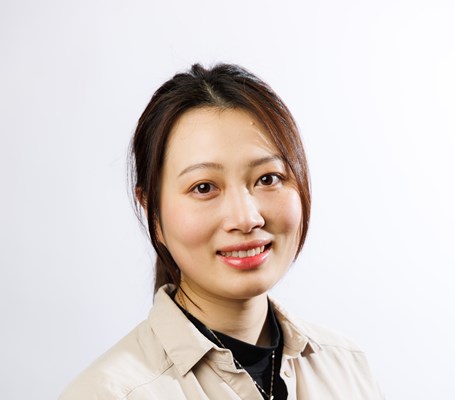
Daisy Bao
University of Edinburgh
Four dimensions that influence the motivation of staff in research-orientated student-staff partnership.
By examining through staff lens, this study explores four dimensions with 15 factors that influence the motivation of staff in research-orientated student-staff partnership through Path-Analysis method by SmartPLS (2016 version) software.
The research was implemented on the basis of surveying and interviewing staff, who had attended in the same national undergraduate research programme in which students participated without credits during the summer and academic year.
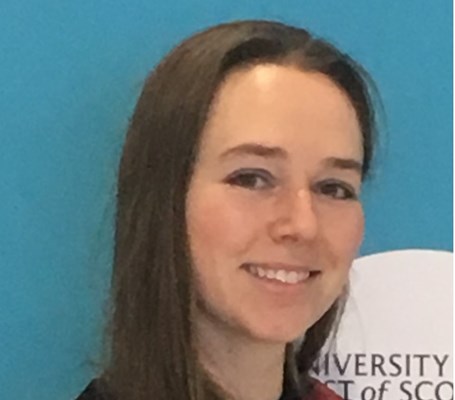
Elysha Ramage
University of Glasgow
NOT going to university and social class.
My research followed the lives of 16 Scottish school leavers who had the qualifications to go to university but chose not to go. It investigated what factors influenced their choices and the role socio-economic-status played in these decisions.
Findings were that university was seen as being a “risky investment” as participants were concerned about finances as well as academic and social failure. In addition, participants were making informed choices with the information they had but sometimes this information was incomplete.
My research can help to inform professionals and family/carers on how to best support young people make their career choices.

Erin Bartley
University of Glasgow
What do you want to be when you grow up?
Adolescents are undergoing significant neurological changes, characterised by an increased sensitivity to risk and emotion and a delay in executive functions such as working memory, self-control, and cognitive flexibility. In short, adolescents are more likely to be motivated by and to make decisions based on emotional triggers.
It is proposed that developing creative techniques in guidance, such as utilising creative writing, visualisation, and metaphors, will tap into these emotional sensitivities and support the development of executive functions like planning and goal setting at a time when these functions are developing. Thereby solidifying neural pathways in lifelong career-decisions and long-term mental-wellbeing.
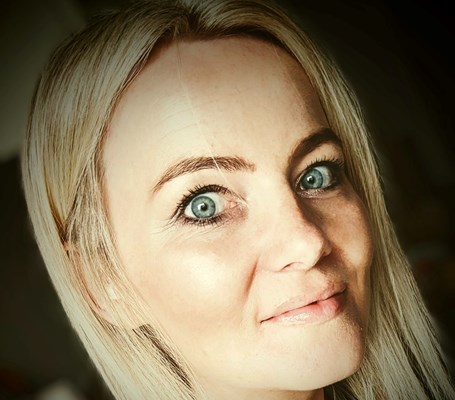
Gosia Kolomanska
University of Stirling
Using administrative data to improve neighbourhood environmental services and outcomes in Scotland.
Policy literature has discussed the necessity of including communities to work collectively with local governments to address challenges over the last decade of welfare state restructuring.
While this is a global trend, the Scottish Government has been at the forefront of recognising the need for service co-production. The relationship between government and citizens continues to evolve due to global shift to digital and data- driven government, with data playing a key role.
Using action research this project will explore innovations in using data to understand communities, and bring communities into dialogue to better understand how local outcomes can be improved.
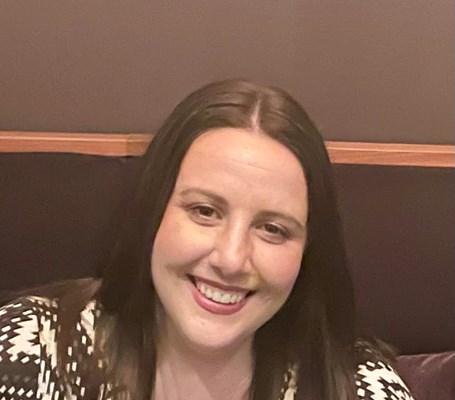
Mara Hilmy
University of Glasgow
Organisational socialisation.
My Ph.D. project aims to consider the relevance of traditional socialization theories in addressing how relationship development assists newcomer adjustment within the context of a hybrid working environment. Organizational Socialization is the process newcomers experience when they enter a new organization and learn the necessary skills and information to become a fully-fledged organizational member.
In hybrid working environments, there will be fewer face-to-face interactions which provides communication richness, and improve newcomers’ adjustment outcomes of role clarity, task mastery, and social integration. Through a systematic literature review, I will assess the past and present relationship between socialization and hybrid work.

Novika Grasiaswaey Kamal
University of Glasgow
Compliance and Resistance among Platform Workers: An Attribution – Signalling Theory Approach.
Algorithm Human Resource Management is seen as a new control and later makes the worker resistant. Most of the research in this stream believe algorithm perceived as the controller for platform workers. Hence, the workers could engage in a resistance toward the algorithm.
Nevertheless, algorithms sometimes are not regarded as a source of resistance. A worker who believes that algorithm is guidance is revealed to have a positive correlation between their autonomy and their continuance intention.
I argue that the algorithm gives the signal and whether this signal is seen as a guidance, or a controller will make the worker behave differently.
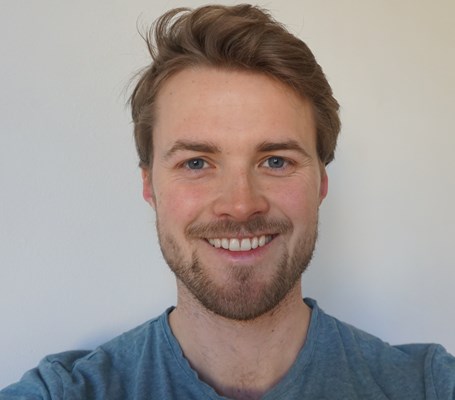
Paul Schuler
University of Edinburgh
Analysing the influence of personal networks and residential areas on the provision of social support for young adults.
Social support is an important influencing factor for young people’s health and wellbeing as well as for their life-course aspirations, e.g. entering higher education.
In my research, I explore the role of personal networks (how and with whom people are connected) and place (characteristics of the area people live in) in the provision of different types of social support for young adults in Switzerland.
Using quantitative multilevel models, I aim to better understand the interactions between people's characteristics and their social and spatial context, in the hope of tailoring support services to the groups of people who need them most.
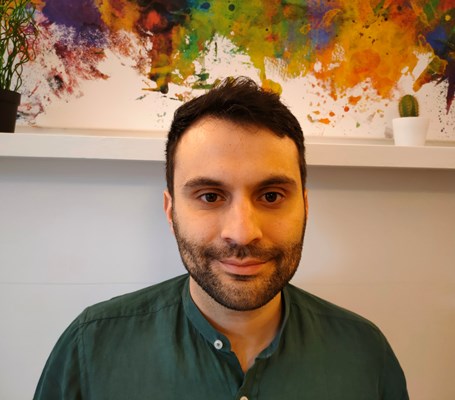
Wilko Mattia Artale
University of Glasgow
Employee experience in the fourth industrial revolution. An exploration of innovation dynamics in the aerospace industry.
My PhD investigates the impact of technological change on work organisation and employee experience in an aerospace manufacturing firm based in the UK.
In the current academic debate about the so called fourth industrial revolution, it is widely acknowledged that new technologies may determine either beneficial or detrimental effects for workers, especially when the implementation process follows a top-down approach.
Drawing on data obtained through interviews with different categories of managers and workers, the research identifies the conditions which may favour the development of collaborative” rather than “overwhelming” relationship between human and technology